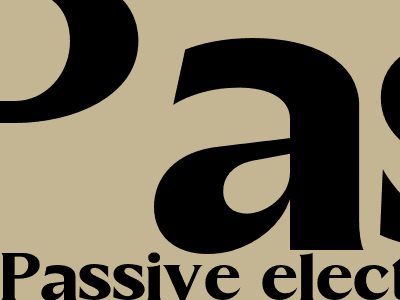
Passive Electioneering Rules to Remember for the 2024 United States Elections
Introduction
Passive electioneering laws are in place to ensure a fair and impartial voting process. These laws dictate the conduct of individuals and organizations in the vicinity of polling stations on Election Day. By understanding and adhering to these regulations, we can maintain the integrity of our democratic process.
What is Passive Electioneering?
Definition
Passive electioneering encompasses any action or display intended to influence voters at or near a polling place. This includes wearing clothing, displaying signs, or distributing materials that promote a particular candidate or political party.
Scope of the Law
Polling Place Boundaries
Passive electioneering laws apply to a specific area around polling places, known as the "electioneering zone." The exact boundaries vary by jurisdiction, but typically extend 100-150 feet from the entrance to the polling place.
For example, in California, the electioneering zone extends 100 feet in all directions from the entrance, while in Texas, it extends 150 feet.
Prohibited Activities
Passive electioneering laws prohibit a wide range of activities within the electioneering zone, including:
- Wearing clothing or displaying signs that promote a candidate or political party
- Distributing campaign literature or materials
- Soliciting votes or engaging in political discussions
- Blocking access to the polling place or interfering with voters
Exceptions to the Law
Poll Workers and Observers
Poll workers and official election observers are exempt from passive electioneering laws while performing their official duties.
Candidate and Ballot Measures Supporters
Candidates and their designated supporters may engage in limited passive electioneering within the electioneering zone, such as wearing clothing that displays their name or distributing sample ballots.
Consequences of Violations
Civil and Criminal Penalties
Violations of passive electioneering laws can result in civil or criminal penalties, depending on the severity of the violation. Penalties may include fines, imprisonment, or both.
Conclusion
Passive electioneering laws are essential for maintaining the integrity of our elections. By understanding and adhering to these regulations, we can ensure that all voters have an equal opportunity to cast their ballots without undue influence.
For more information on passive electioneering laws, please consult the Federal Election Commission's website or your local election officials.